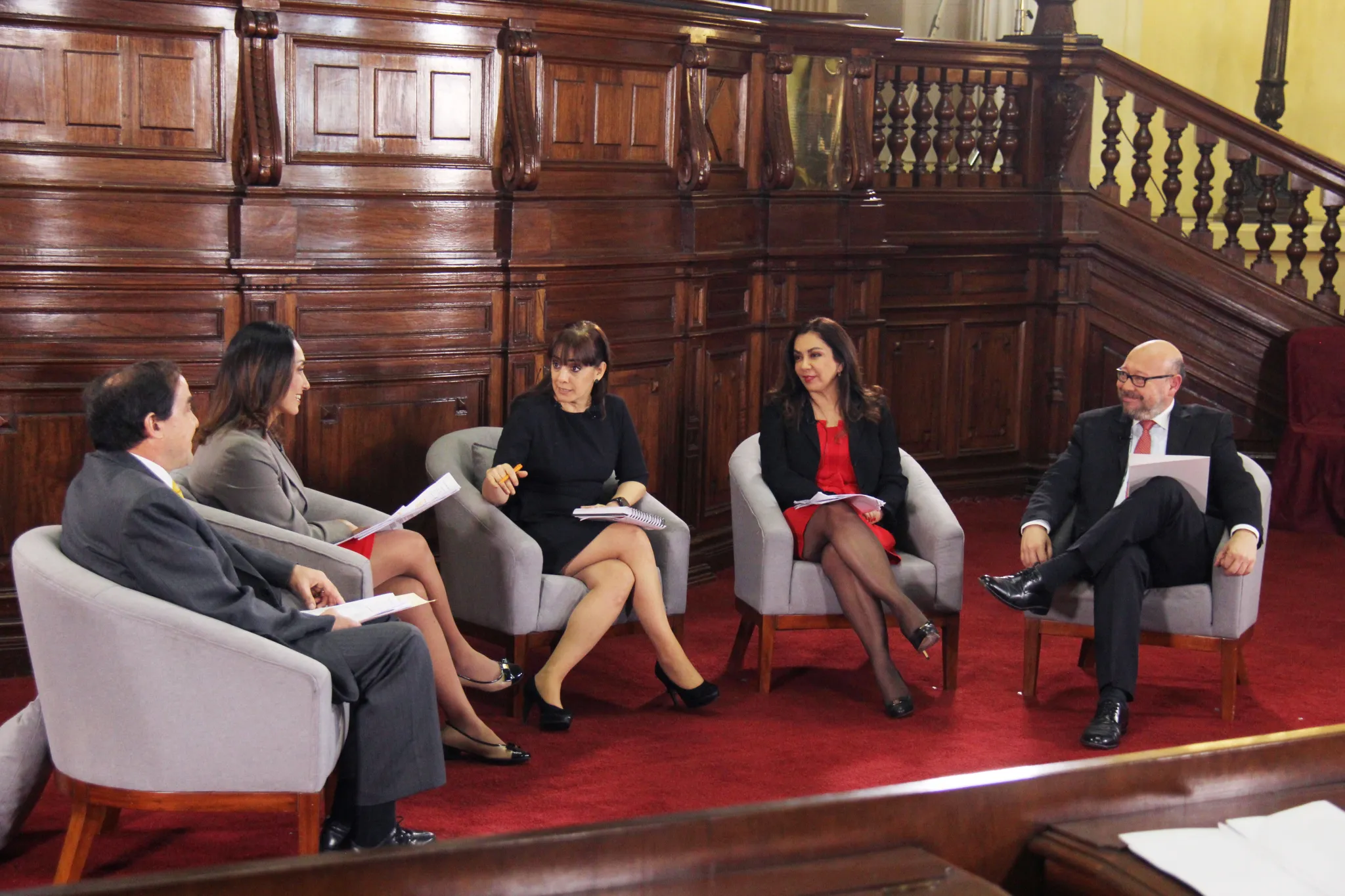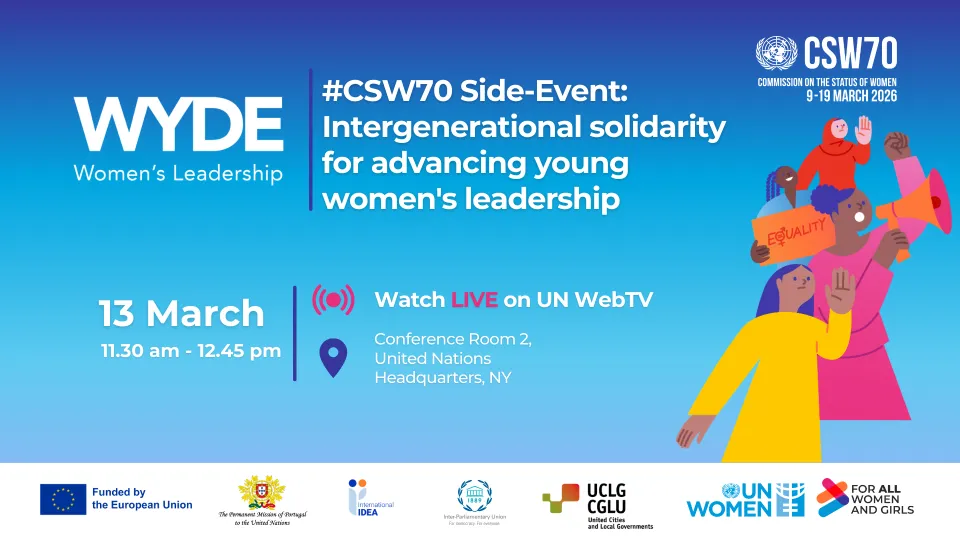
International IDEA supports the debate among members of parliament about the electoral reform as part of the media campaign “El poder en tus manos” (The power in your hands), in conjunction with Radio Programas del Perú.
Este articulo se encuentra disponible en Castellano.
Continuing with the campaign around the electoral reform promoted by International IDEA together with Radio Programas del Perú, on Friday 20 October 2017, a public debate was organized in the Congress of the Republic with the aim of keeping this process on the agenda of Congress and enhance the presence of this topic in the media.
The debate was live broadcasted through the radio, television and web platforms of RPP Noticias. It was divided into three blocks, addressing three topics: Political financing, the selection of candidates, and quotas. In each discussion block, there were three members of parliament from different caucuses, as well as one expert in the topic.
In the first block, the participating members of Congress were Patricia Donayre (Peruanos por el Kambio), Yonhy Lescano (Acción Popular) and Marisol Espinoza (Alianza para el Progreso), with Percy Medina, Mission Chief of International IDEA in Peru, as the expert. The debate specifically focused on political financing, addressing several topics that have not yet been included in the proposed political reform, e.g. campaign financing, mechanisms to avoid illicit money in politics, gifts, and the need for effective sanctions.
In the final block, all members of congress participated in a deliberation about the most important topics of the reform. They recognized that progress has been made in the electoral reform but that there is still a long way to go for this to become a structural reform, which is the final objective. Úrsula Letona, chair of the Constitution Commission, asserted that the reform is being addressed by phases: the first one in 2018, the second one – the constitutional reform – by 2021 and, finally, the political reform in the longer run.
More information at:




